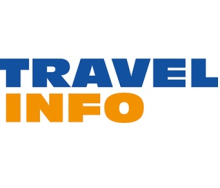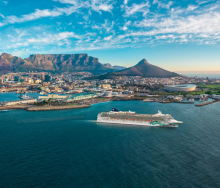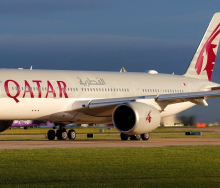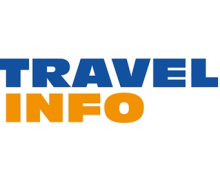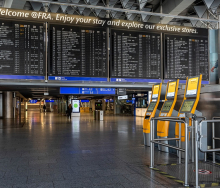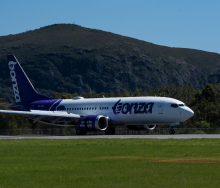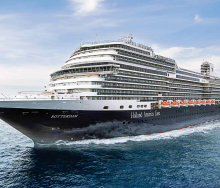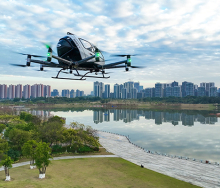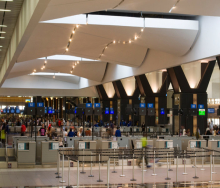According to Travelport, searching and booking travel directly from travel providers has become more time-consuming and complicated than ever.
The technology provider’s 2024 State of Modern Retailing Report combines international independent research, cross-industry comparisons and consumer insights. The research sample comprised 1 659 consumers from Germany, South Africa, the UK and the US – individuals who have taken at least one or more flights for business or leisure within the last 12 months.
“Despite travel providers favouring direct-to-consumer connections, the sheer volume of options is overwhelming to travellers, making them less confident in their booking choices,” said Jen Catto, Chief Marketing Officer at Travelport.
“Our research found that, instead of feeling excited after booking a trip, most travellers are left feeling anxious, wondering if they got the best deal. For the travel industry, this signals a growing need and opportunity for travel agencies. Their expertise in comparison shopping aids travellers in confidently booking the best option, based on their personal preferences.”
The report’s key highlights show:
More choice
The report says this leaves travellers feeling overwhelmed.
- Travelport estimates that air travel options have gone from about 500 economy/business options available in 2010 to over 10 000 options in 2024 (economy, economy plus, flexi-family, business, first, etc.). That is a 1 900% increase.
- The majority of travellers (58%) feel that the volume of choice is overwhelming.
- 56% say that airline offers are more difficult to understand now than they were ten years ago.
- 61% of travellers also believe there are more penalties now when changing a flight than there were ten years ago, with 66% citing too many hidden fees.
- The majority of travellers (71%) sometimes feel anxious about whether they got the best deal after they’ve booked their trip, with 42% feeling that airline offers have become ‘less suitable’ over time in meeting their personal preferences.
Direct to consumer
Travelport says airlines’ strategy of Direct to Consumer (DTC) feels more like ‘Difficult to Compare’.
Most travellers (80%) agree that comparing fares from different airlines is very time-consuming, with more than two-thirds (69%) feeling that information is often restricted on some airline booking sites.
- When it comes to shopping for all components of their trip, 60% of travellers said they spent an average of one to four hours planning, while more than one-third (36%) spent more than five hours searching and comparing options before booking.
- Most respondents (88%) agreed they would prefer to see all flight options and fares on one screen, which is likely the reason that more than half (54%) said they frequently used a comparison site to search for information before purchasing their ticket.
- The majority of Millennial (70%) and Gen X (64%) travellers often use online travel agencies (OTAs) to book, citing choice and price transparency as the primary reasons.
- Travellers are looking to artificial intelligence (AI) to provide more than just a chatbot, and agencies will increasingly rely on their technology partners to implement AI and machine learning in creative ways, such as Travelport’s Content Curation Layer.
What matters most?
- When booking flights, respondents said that luggage allowance (63%), cancellation and change policies (50%) and seat selection (50%) were the most important factors to compare.
- Most travellers (63%) also said they felt airlines did not put the customer first when it came to customer servicing matters (flight cancellations, exchanges, etc.)
- The hotel features that were cited as most important to travellers were WiFi availability (48%), complimentary breakfast options (47%), and hotel facilities (45%).
“Travel providers are continually refining and expanding their offerings to fit their customers’ unique needs and preferences. Prioritising partnerships with agencies will ensure a truly personalised service to their travellers. That will make the shopping experience seamless for all,” Catto concluded.


